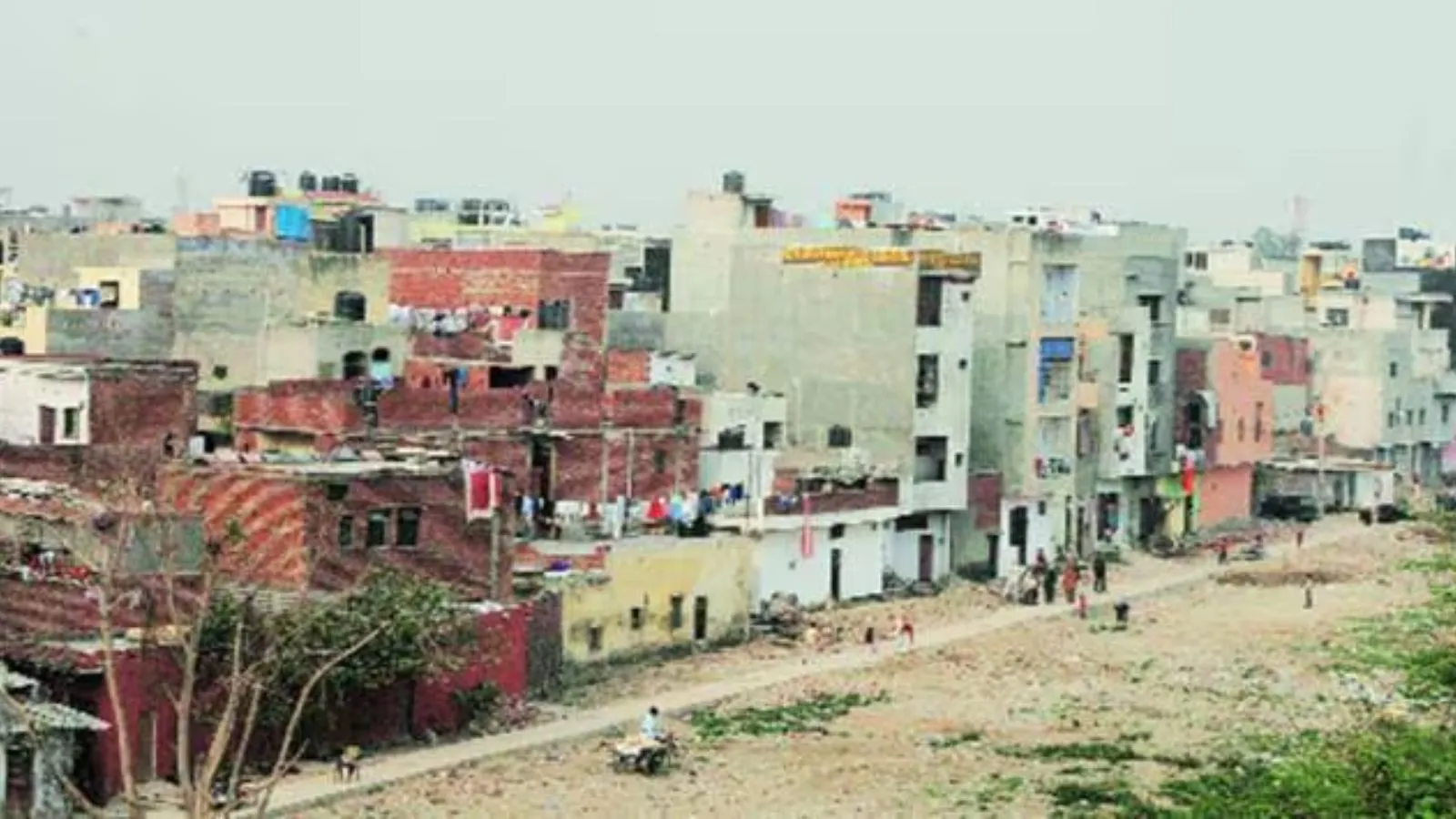Chandigarh, December 11:
The Union Government has clarified that there are no plans to amend the Punjab New Capital (Periphery) Control Act, 1952, which governs construction activities outside the “lal dora” in Chandigarh. This response came from the Ministry of Home Affairs (MHA) during the ongoing Lok Sabha session, offering no relief to individuals who have built structures in these areas.
City MP Manish Tewari had inquired whether the central government intended to revise laws such as the Punjab New Capital (Periphery) Control Act, 1952, to make them more suited to contemporary urban needs. Responding to the question, Nityanand Rai, Minister of State for Home Affairs, confirmed that no such proposal is under consideration.
Tewari further questioned the rationale for applying “lal dora” regulations—originally a rural revenue concept meant to distinguish inhabited areas from agricultural land—to the 22 villages now under the jurisdiction of the Chandigarh Municipal Corporation. He also sought details about the government’s plans for uniform infrastructure development across the city and how the continuation of the “lal dora” concept aligns with the urban objectives outlined in the Chandigarh Master Plan-2031.
In his reply, the minister noted that development in areas outside the “lal dora” is regulated by the Chandigarh Master Plan-2031, which was notified under the Punjab New Capital (Periphery) Control Act, 1952, and The Capital of Punjab (Development and Regulation) Act, 1952. Construction within the “lal dora” boundaries is governed by the 2017 bylaws for rural and abadi areas, while construction outside these boundaries follows the Chandigarh Building Rules (Urban)-2017.
Under the Punjab New Capital (Periphery) Control Act, 1952, any building activity outside the “lal dora” requires prior approval.
The MP also raised concerns about water and sanitation services for areas beyond the “lal dora,” particularly after recent incidents of water disconnections. Addressing these concerns, the minister explained that the Chandigarh Water Supply Bylaws, 2011, permit the municipal corporation to provide water connections only within the red line or “lal dora.” Unauthorized connections are routinely disconnected as part of enforcement measures. Sanitation services, however, are provided throughout the city by the municipal corporation.



